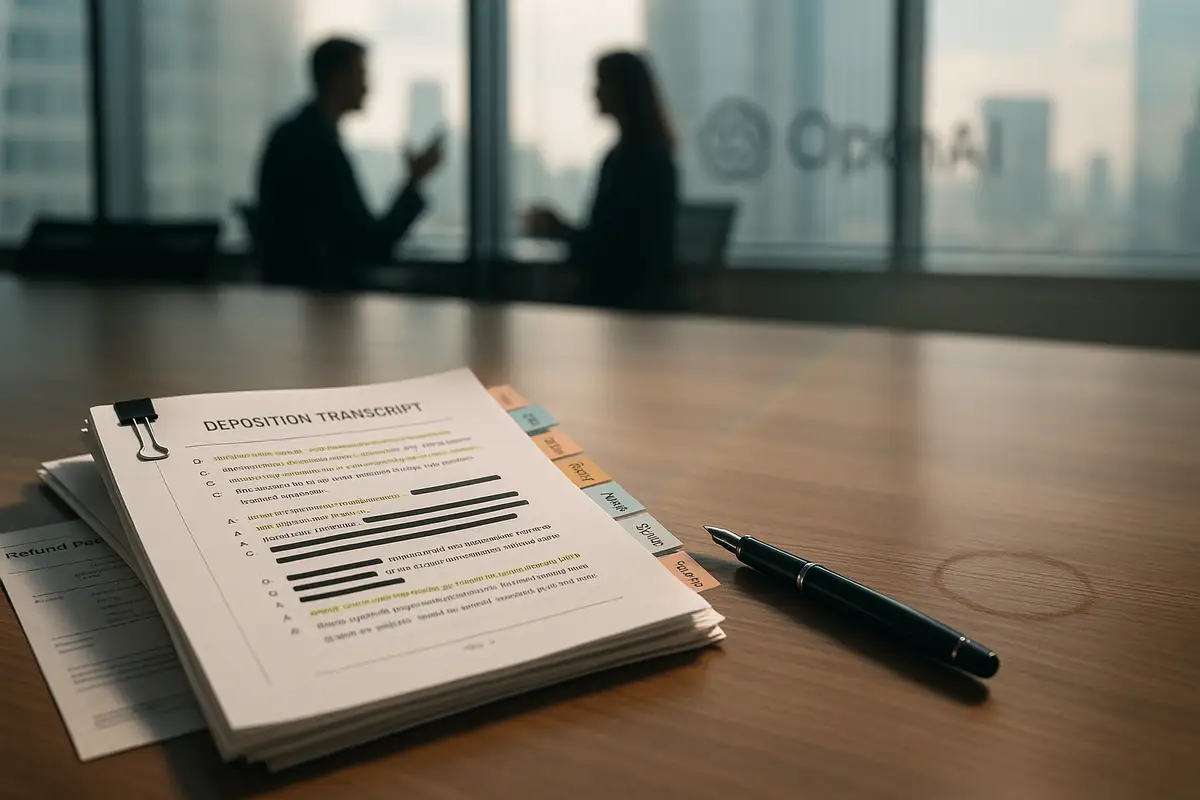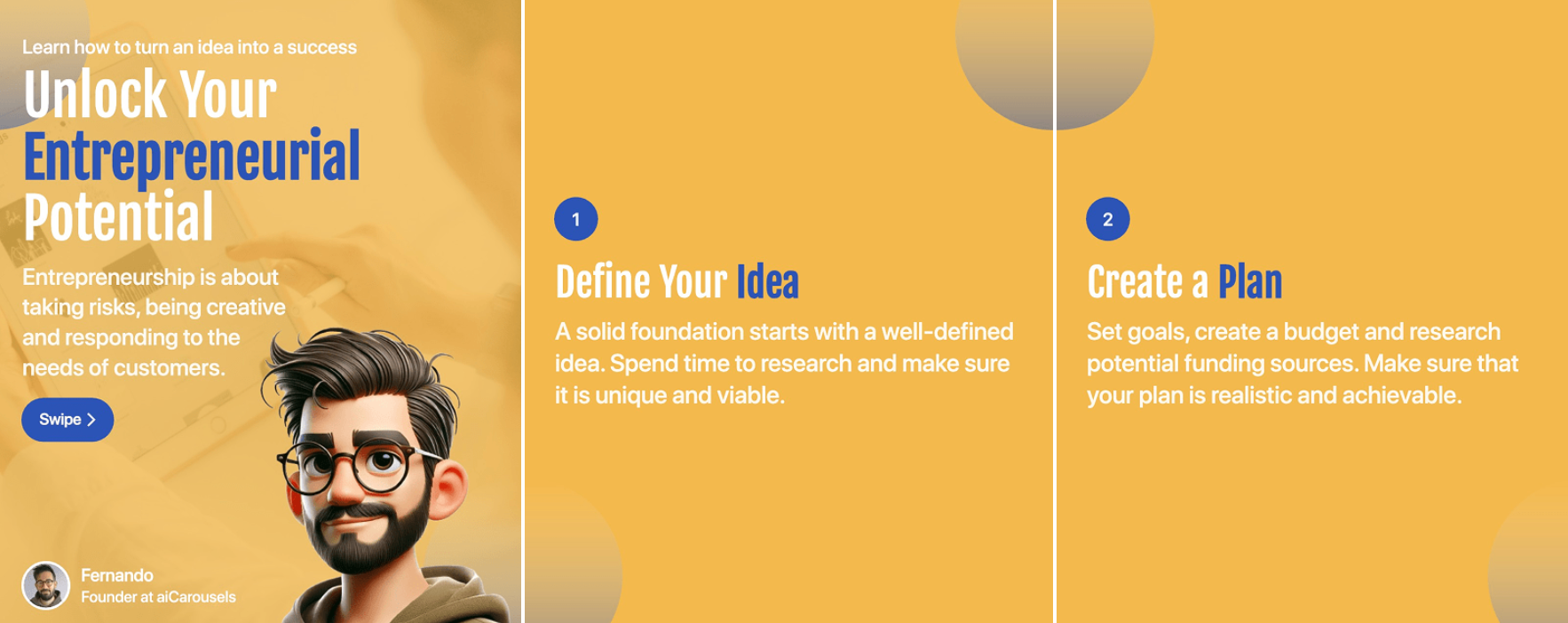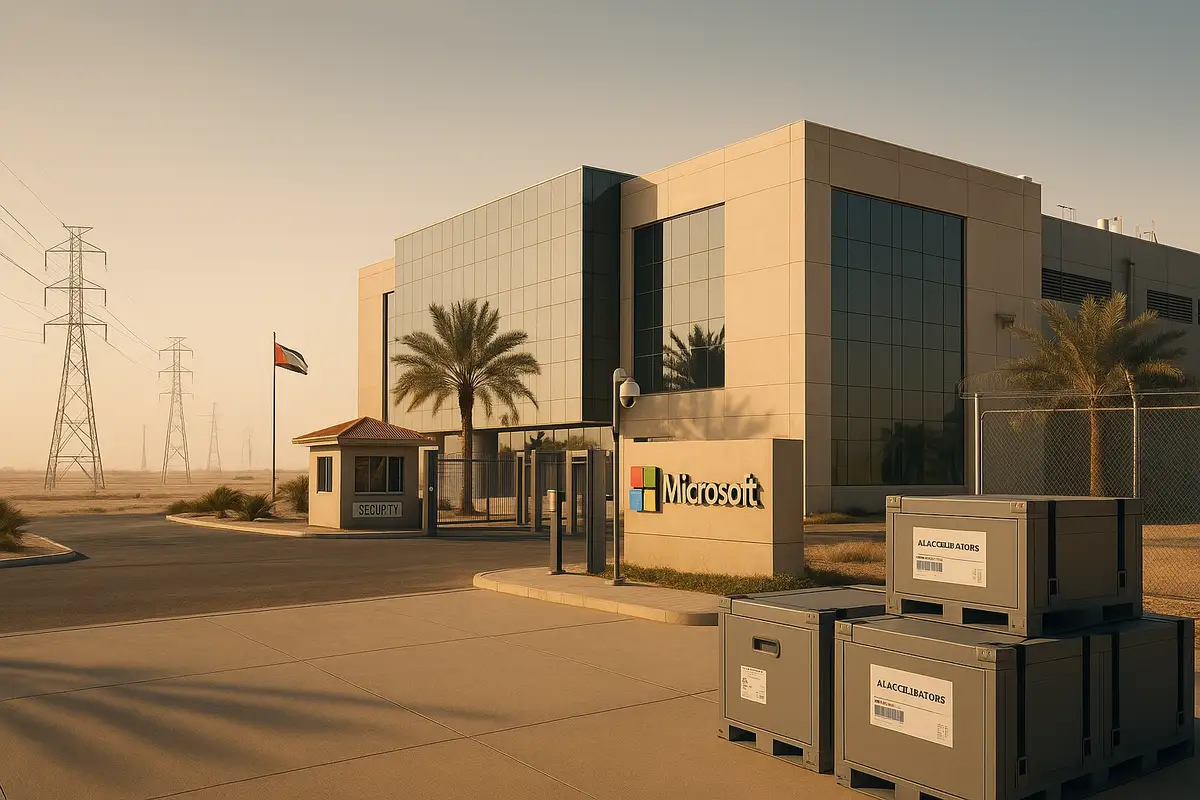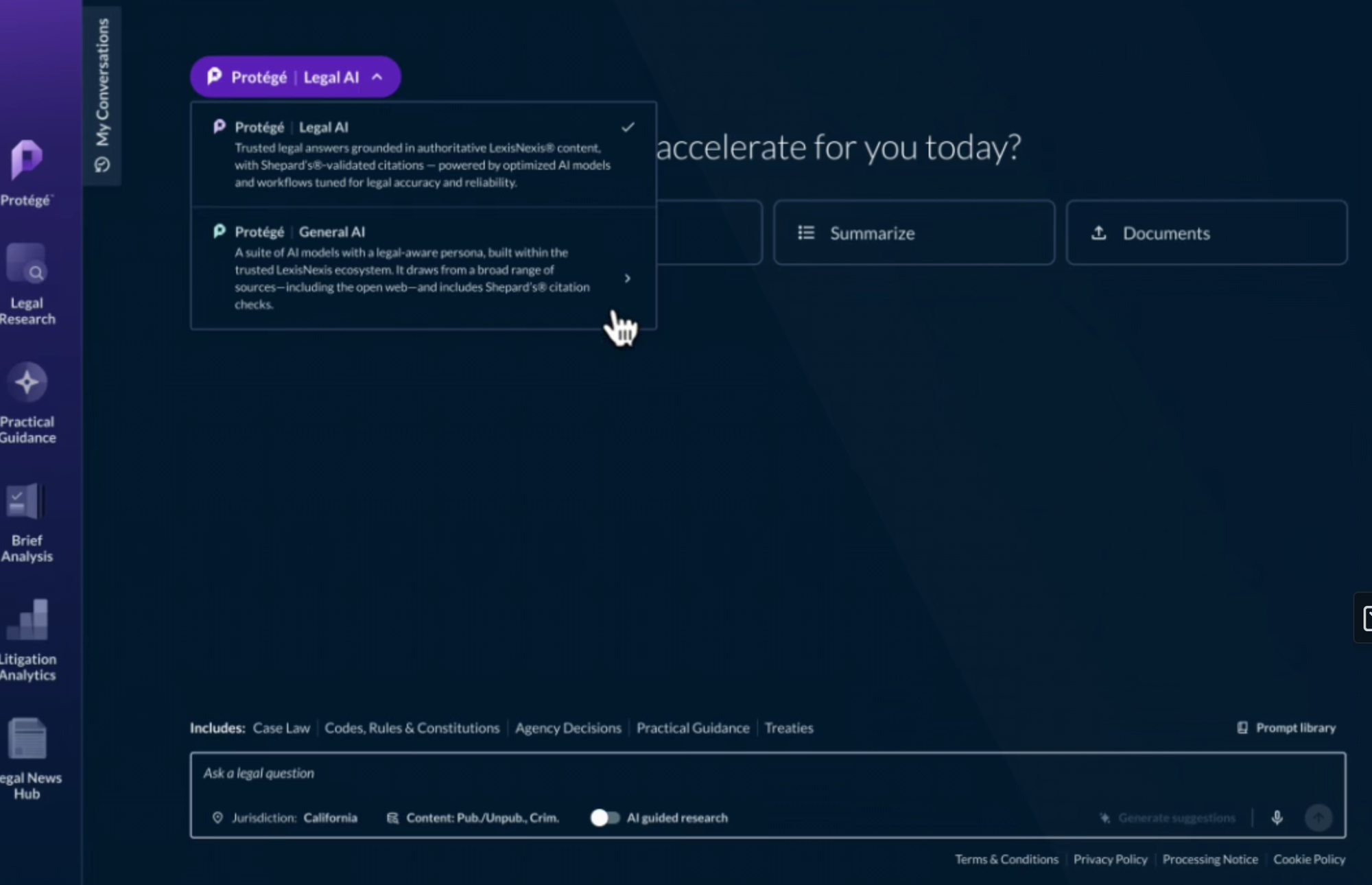Good Morning from San Francisco,
Elon Musk canceled Sam Altman's Tesla Roadster last week. Altman called it theft. The internet loved the drama. But Ilya Sutskever's sealed deposition tells a different story: OpenAI nearly merged with Anthropic within 24 hours of Altman's firing in November 23. The deal fell apart on "practical obstacles." Governance structures collapse fast under competitive pressure.
Meanwhile, Microsoft just won the first Trump-era export license for advanced Nvidia chips to the UAE. The approval unlocks $7.9 billion in spending and comes with binding oversight. Export licenses now function as diplomatic architecture.
Today: when safety-focused companies reach for power, and when chips become instruments of interstate coordination.
Stay curious,
Marcus Schuler
Musk's jab got clicks. Sutskever's testimony has receipts.

Inside the week OpenAI almost merged with Anthropic.
Altman's Tesla Roadster cancellation sparked a "you stole a nonprofit" retort from Musk on November 1st.
The real story emerged in Sutskever's sealed October deposition: a 52-page memo documenting Altman's "consistent pattern of lying" sent to OpenAI's board via disappearing email.
Within 24 hours of Altman's November 2023 firing, Anthropic's Dario and Daniela Amodei proposed absorbing OpenAI entirely. Sutskever opposed it; Helen Toner supported it. The deal collapsed on "practical obstacles."
The testimony reveals three structural realities. First, Sutskever waited "at least a year" for board dynamics allowing Altman's removal, moving only when independent directors aligned. Second, 500 of 700 employees threatened resignation, forcing the board's capitulation within days. Third, critics like Sutskever maintain OpenAI equity that has "increased" in value, with the company apparently covering his legal fees.
The pattern: governance structures collapse under competitive pressure. When OpenAI wobbled, even "safety-focused" Anthropic immediately reached for control.
Why this matters:
• Mission statements prove decorative when talent, compute, and capital align against them
• The AI safety debate masks a simpler reality: competing power centers seeking control of the same exponential curve

AI Image of the Day

Prompt:
M.C. Escher style, a Viking longship sailing on a cosmic ocean, waves made of shimmering stardust, the ship detailed and majestic, surrounded by a black space background filled with distant stars and nebulae, a fractal sky above with swirling clouds of cosmic colors, a glowing sun on one side and the Earth at night on the other, colorful and highly detailed.
🧰 AI Toolbox
How to Create AI-Generated Carousels for Social Media

aiCarousels writes and designs professional carousel posts for LinkedIn, Instagram, and TikTok. Enter a topic or paste your existing content, and the AI generates eye-catching slides with auto-formatted text and coordinated colors.
Tutorial:
- Go to the aiCarousels website
- Enter a topic or paste your existing content into the generator
- The AI creates a complete carousel with professional design and copy
- Edit the text and customize colors to match your brand
- Choose your platform (LinkedIn, Instagram, or TikTok) for proper formatting
- Download your carousel as a PDF or image file
- Post carousels that get more engagement than single images
URL: https://www.aicarousels.com
Better prompting...
Today: Create a prompt
I need [describe what you want]. Ask me questions until you have everything you need to complete this well.
Microsoft wins rare UAE chip export license

Microsoft secured the first Trump-era export license for advanced Nvidia chips to the United Arab Emirates, the company announced Monday.
The September approval covers GB300 accelerators equivalent to 60,400 A100 units, nearly tripling Microsoft's existing footprint of 21,500 A100-class chips already operating in-country. The license clears the path for $7.9 billion in forward spending through 2029, split between $5.5 billion in capital expenses for AI and cloud infrastructure and $2.4 billion in operating costs and local hiring.
The approval comes with binding oversight. Microsoft and G42, the UAE's sovereign AI company, operate under an Intergovernmental Assurance Agreement that subjects both firms to ongoing audits covering cybersecurity, physical security, export controls, and technology transfer. Both US and UAE governments get compliance visibility.
The UAE leads global AI adoption at 59.4 percent among working-age adults, ahead of Singapore at 58.6 percent. No other country breaks 50 percent. That demand justifies local capacity, which the license now enables at scale.
Why this matters:
• Export licenses now function as diplomatic architecture, extending chip access through compliance frameworks that convert private infrastructure into instruments of interstate coordination.
• The IGAA template is replicable, countries wanting advanced accelerators will face similar oversight terms or source from Chinese manufacturers instead.

AI & Tech News
OpenAI Signs $38 Billion Cloud Infrastructure Deal with Amazon Web Services
OpenAI has announced a major $38 billion contract with Amazon Web Services to purchase cloud computing capacity, marking the artificial intelligence company's first significant deal with the cloud infrastructure leader. As part of the agreement, OpenAI will immediately begin running its computing workloads on AWS infrastructure, utilizing hundreds of thousands of Nvidia GPUs located in the United States to support its AI operations.
AI Breakthrough: OpenAI's o1 Model Demonstrates Human-Level Language Analysis Capabilities
Researchers have discovered that OpenAI's o1 artificial intelligence model can analyze languages with the same proficiency as human experts, including the ability to infer phonological rules of completely fabricated languages without any prior knowledge or training on those specific linguistic systems. This breakthrough represents the first time AI models have demonstrated "metalinguistic" abilities - the capacity to analyze and understand the underlying structure of language itself - raising significant questions about the unique cognitive capabilities that have traditionally distinguished human intelligence.
Microsoft AI Chief Rules Out Artificial Consciousness
Microsoft AI chief Mustafa Suleyman declared that consciousness is exclusively a biological phenomenon and stated it "would be absurd to pursue research" into AI consciousness. The tech executive's position takes a firm stance against current scientific debates about whether artificial intelligence systems could ever achieve genuine consciousness, arguing that developers and researchers should abandon such pursuits.
Podcasters Embrace AI Voice Clones for Episode Production
Podcasters are increasingly adopting AI voice cloning technology from companies like ElevenLabs to enhance their production capabilities, using the tools to translate episodes into different languages, augment their content, and potentially eliminate the need for traditional in-studio recordings. The trend raises fundamental questions about whether AI voice replicas represent a valuable productivity tool for content creators or constitute a betrayal of the authentic relationship between podcasters and their audiences.
Alphabet's X Launches $500M+ Fund to Spin Out Independent Companies
Alphabet's X division, known for its experimental "moonshot" projects, is increasingly spinning out its ambitious technology ventures as independent companies through a dedicated fund called Series X Capital, which has raised over $500 million with Alphabet maintaining only a minority stake. This strategic shift represents a significant change in how the Google parent company brings its most innovative projects to market, moving away from keeping experimental technologies entirely in-house toward creating standalone businesses with external funding and partnerships.
Xi Jinping Makes Security Backdoor Joke While Gifting Xiaomi Phones to South Korean Leader
Chinese President Xi Jinping made lighthearted comments about security backdoors while presenting Xiaomi smartphones to South Korean President Lee Jae Myung during the APEC summit. The tech gift exchange occurs against the backdrop of ongoing US concerns about potential security vulnerabilities in Chinese technology companies, particularly Huawei.
Tech Banker Michael Grimes Leads Trump Investment Accelerator
Michael Grimes, the prominent tech banker who managed high-profile public offerings for Uber and Airbnb, has been appointed to lead a new investment accelerator under Trump's administration. Eight months after its launch, the accelerator program remains in development stages amid ongoing legal challenges and congressional oversight concerns, with key operational details still being finalized.
Trump Claims Ignorance of Binance Founder, Calls Case "Biden Witch Hunt"
President Trump stated he does not know who Changpeng Zhao is when questioned about pardoning the Binance founder during a 60 Minutes interview, claiming he "heard it was a Biden witch hunt." Trump characterized Zhao as a victim of the previous administration's campaign against the cryptocurrency industry, despite apparently having limited knowledge of the case details.
London Emerges as Major Quantitative Finance Hub
London is cementing its position as a leading global center for quantitative finance, with regulatory filings revealing that trading firms XTX, Qube, and Quadrature each generated more than £1 billion in revenue over the past year. The UK's growing dominance in algorithmic trading is being supported by a strong pipeline of skilled graduates who are building expertise in this specialized field of finance.
Cybersecurity Firm Links Hackers to Organized Crime in Cargo Theft Operations
Cybersecurity company Proofpoint has reported with "high confidence" that hackers are collaborating with organized crime groups to infiltrate trucking and freight companies for cargo theft purposes. The cybercriminal partnerships represent a sophisticated scheme where digital intrusions are being used to identify and steal valuable cargo shipments from the transportation industry.
Profile: The Man Who Coined "AGI" Nearly Three Decades Ago
Mark Gubrud, a researcher who first coined the term "Artificial General Intelligence" (AGI) in a 1997 academic paper, is profiled by Wired as the concept dominates current tech discourse. His original research predicted that breakthrough AI technologies would fundamentally reshape international conflicts and military strategy, a vision that appears increasingly prescient as nations race to develop advanced AI capabilities.
🚀 AI Profiles: The Companies Defining Tomorrow

LexisNexis spent 50 years cataloging the law. Now it's teaching machines to practice it. The company's Protégé AI assistant doesn't just search anymore, it drafts motions, orchestrates multi-model workflows, and catches hallucinated citations before they land lawyers in front of angry judges.
The founders
Jerome Rubin launched LEXIS in 1973 under Mead Corporation, convincing four skeptical New York law firms to be guinea pigs. Reed Elsevier (now RELX) bought the operation in 1994. Today around 11,000 employees run the show from New York, feeding 160 billion documents into the machine.
The product
Protégé sits inside Lexis+ AI, which launched in 2023. Core strength: accuracy through auditing. Every output links back to source docs. A citator agent layers onto Shepard's Citations to flag fake cases. The system routes tasks to different foundation models, one for research, another for drafting. You can toggle between legal-grounded AI and general-purpose models without leaving the security perimeter. Think agentic orchestration meets courtroom-grade verification.
The competition
It's a two-horse race. Thomson Reuters owns Westlaw (launched 1975), LexisNexis's only real rival. They've battled for decades, both now pivoting hard to AI. Bloomberg Law tried to wedge in during the 2000s, failed to break the duopoly. Fastcase and Casetext orbit at lower price points.
Financing
RELX owns it outright. Public company, London-listed. No outside investors to please, no burn rate to manage. Just subscription revenue from law firms that can't function without it.
The future ⭐⭐⭐⭐
They just locked a seven-year federal judiciary contract. Two-thirds of UK lawyers already use AI tools. But sanctions are escalating, Alabama just yanked three lawyers for AI hallucinations. LexisNexis's citator advantage matters more as courts crack down. The winner here isn't the flashiest AI, it's the one that doesn't get you disbarred.









